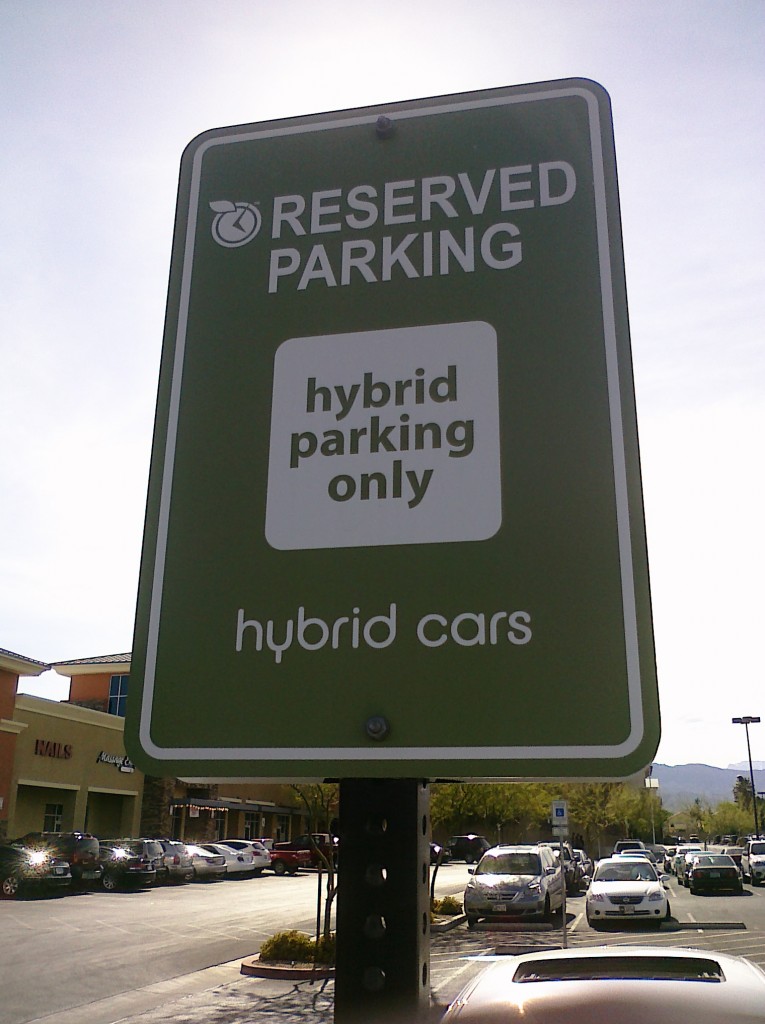We recently discovered this awful place called Planet Fitness, which demonstrates how financial objectives can sometimes get in the way of more important ones. (Yes, we just admitted that some things are more important than money. Not many, mind you.)
We’ll get to the personal finance aspect of this in a second, but first the non-financial parts. Planet Fitness is a gym chain that, while we weren’t looking, opened up over 500 locations across the country (including 3 in our hometown, no less.) The chain recently entered into a sponsorship deal with NBC, where it’ll serve as the home gym for some show about fat people trying to get thin.
Last month we wrote about free riding, and how the unmotivated members of a gym chain (or any other membership business) subsidize the frequent users. Planet Fitness found a way to get even more money out of the clichéd husky bunch who sign up for gym memberships every January 1 and then disappear. Those folks were great for an annual shot of revenue, but there had to be some method of getting them to come back throughout the year without having them run the risk of improving their bodies even slightly.
Planet Fitness’s secret? Pizza! And candy! We are so, so not joking. Get a load of this, and if you think it’s an Onion News Network parody, you wouldn’t be the first:
Here’s a partial transcript (FF to :45):
Member: One of the best parts about the gym is the Tootsie Rolls.
Manager, who looks like he could use a real gym himself: …Let (members) know that fitness doesn’t have to be this serious thing, “Oh my God, I’m going to the gym, like, I’m going to have to work out, it’s going to be awful”, like, you can come, you can have fun, you can reward yourself for what you’re doing here.
Yes, because that’s how fitness works. Expending sufficient anaerobic and aerobic effort entitles the subject to consume fuel that makes it harder to further expend said effort. That’s why Usain Bolt has 4 chins and a belly, because after he works out he “reward(s) himself for what (he’s) doing”.
At Planet Fitness, if you do a set of exercises to failure (the only non-pharmaceutical way to tear muscle so it can build back stronger) and drop your weights to the ground, or make the guttural noises that naturally accompany exerting one’s body and recalibrating its limits, doing so will set off an alarm on the gym floor. (Again, you think we’re lying. 5:10 on the video.) The alarm sounds like an air raid siren, is 8000 times more annoying than any grunt could be, and of course is designed to get the attention of the other members who are meandering through their low-impact visits.
Which would be reprehensible on its own, but it’s made far worse given the perfect irony that Planet Fitness bills itself as a (and has even registered the trademark of) Judgement Free Zone®.
This is utter genius. Planet Fitness took a bogeyman – the nonexistent catcalls fat people suffer at the hands of healthy people in real gyms – and turned it into cash. That’s in addition to the other ludicrous things those fat people believe about fitness, including and not limited to:
- Getting fit is easy and fun
- Quantification means nothing. If you think you’re fit, you are. (It almost goes without saying that Planet Fitness doesn’t have scales, which is like a doctor’s office not having blood pressure monitors.)
- A gym that offers its customers pizza and Tootsie Rolls, and doesn’t even charge them extra for it, is sincere about getting its fat members to lose weight.
Planet Fitness’s target audience is convinced that legitimate gyms have created a culture of intimidation. In these members’ solipsistic minds, should any of them walk into a gym where strong and healthy people are working out, those same people will stop what they’re working on to point at and make fun of the pasty and flabby newcomers. (Doubling down on the irony, Planet Fitness offers tanning booths.)
The truth, of course, is that the pasty and flabby newcomers – Planet Fitness’ bagels and butter, as it were – create any culture of intimidation themselves. When they’re surrounded by beautiful people who have worked to sculpt firm physiques, they feel inferior. The Control Your Cash principals have spent much of their adult lives in gyms, and have yet to see anything similar to a reenactment of the Charles Atlas sand-kicking scene. Quite the contrary, in fact. For the most part, the most diligent gym members are only too happy to share their routines with aspirants.
But lies are more palatable than the truth, even without a schmearof cream cheese. Marlboros really are light. Corona really will turn your life into a beach. Lucky Charms really can be part of a complete breakfast. Planet Fitness has exploited this defect in the human mind, this wanting so badly to believe, to the tune of millions of dollars.
A membership is $10 a month (with a $29 signup fee), but that restricts you to a single location. A perversely motivated member could attempt to make it back in pizza. $20 a month ($39 signup fee) lets you travel. These memberships are quoted monthly but assessed annually. Activate 2 alarms, and you risk forfeiting your membership. Cancellation fees start at $58. You have to cancel in person or by certified mail, which for most fat people is going to be more embarrassing than passively authorizing another series of credit card payments.
If you want to be part of the exploitation, buying a franchise requires $500,000 in liquid assets and $1.5 million net worth.
“You get what you pay for” is an ancient observation, but it always fits. If you’re weak (in multiple senses of the word), Planet Fitness will gladly take your money and perpetuate the belief that lets you think you’re doing something tangible for your body while paying for the privilege. Other gyms will give you a venue in which to actually improve/maintain your body. Or if you’re the New Year’s Resolution type, a venue in which to subsidize the folks referenced in the previous sentence.
Exploiting the poor, gutless, naïve, gullible, stupid and self-defeating is part of the human condition. It will never change, and only a fool would think otherwise. Does that mean you have to either exploit or be exploited? Not directly. You don’t have to peddle snake oil, but you don’t have to buy it either. That being said, if other people are going to buy it, you can use that to your advantage. (See our comment about buying Altria stock.) Thus it goes for something as tangential to personal finance as personal fitness. Find out where the dumb people are throwing away their money (at Gold’s, 24 Hour Fitness et al.) and ride on their back fat.







